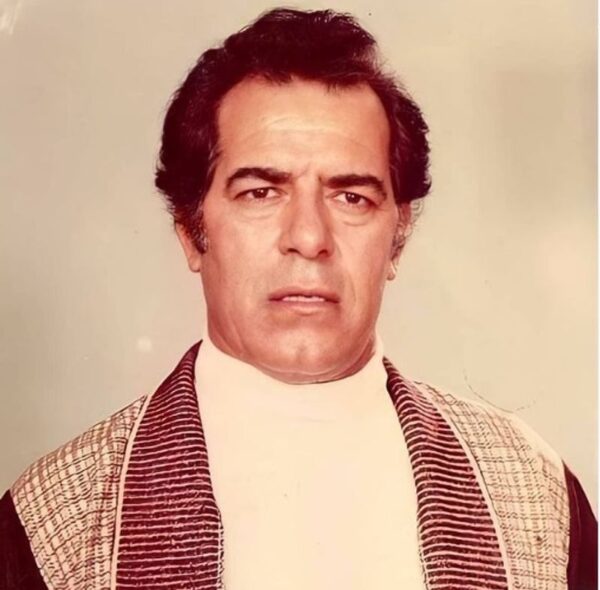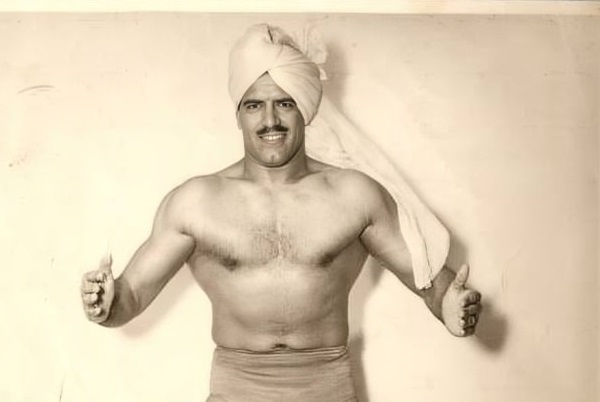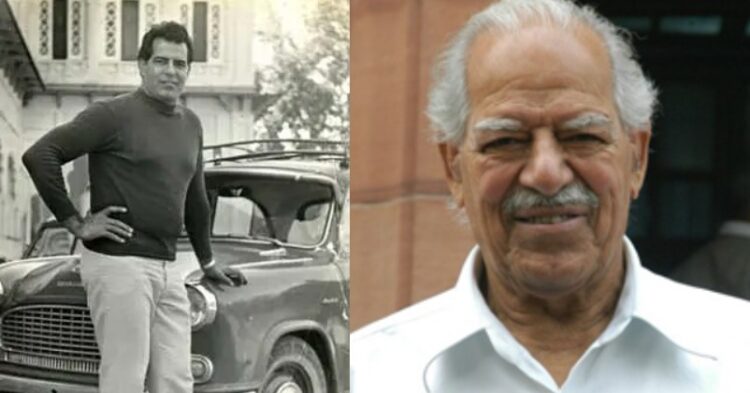Dara Singh was more than a wrestler, he was a symbol of strength, dignity and quiet pride. Born in a village in Punjab, he rose from local akharas to global fame, earning the title of India’s first wrestling superstar. Yet what set him apart was not just his muscle or might but his sense of integrity, a quality that followed him from the wrestling ring to the film set. That unwavering honesty was on full display when he entered the world of Malayalam cinema in the mid-1980s for a film that tested not his strength but his principles.

By the time debutant director Sibi Malayil and writer Sreenivasan began working on their 1985 romantic comedy, Dara Singh had already conquered both sports and cinema. Having acted in over 175 films and established the Dara Film Studio in Punjab, he was a national celebrity whose fame transcended language and region. When actor Jagadish, along with the film’s team, approached Dara Singh to make a special appearance, it seemed an impossible dream but the wrestler’s humility made it happen.
Jagadish later recalled that Dara Singh agreed to join the film after a conversation that began with hesitation and ended in warmth. The producers could only offer Rs 25,000, a fraction of what Dara Singh was worth but they appealed to his heart rather than his wallet. To everyone’s surprise, Dara Singh accepted the modest offer with a smile. Jagadish joked that for a moment, he feared the giant might take offense but instead, the legend simply nodded and said YES.

When the production team brought Dara Singh to a small town in Kerala for the shoot, they faced another challenge, there were hardly any hotels fit for a star of his stature but Dara Singh’s simplicity amazed them. Actor Mukesh, who played the male lead, remembered how unassuming he was. Dara Singh asked for nothing more than a room with two windows, one for air to come in and one for it to go out. His meals were equally modest – a few chapatis, dal and some onions. For a man known for his Herculean build, his appetite and attitude were surprisingly gentle.
But when it came to wrestling, even on screen, Dara Singh was immovable. In Mutharamkunnu PO, he played himself, appearing as a friend of a retired wrestler, portrayed by Nedumudi Venu. The story led to a dramatic sequence where Dara Singh’s character challenges a young postmaster, played by Mukesh, who has fallen in love with the wrestler’s daughter, played by Lissy. The script originally required Dara Singh to lose the wrestling match intentionally, allowing the lovers to unite.

That, however, was the one thing he would never do. To Dara Singh, wrestling wasn’t just entertainment, it was truth. He refused to act out a defeat, telling the filmmakers that wrestling was an honest sport and should not be mocked by staging false outcomes. Mukesh later said that Dara Singh explained there was no such thing as deliberately conceding in wrestling, not even for a film.
Director Sibi Malayil respected his stance. Forcing a world champion to fake a loss would have felt deeply wrong. The team rewrote the climax, preserving both the emotion of the love story and the authenticity of the wrestler’s spirit. In the final version, Dara Singh doesn’t lose the match but still helps the young couple come together, allowing the story to end happily without tarnishing the integrity of the sport or the man who embodied it.

Nearly four decades later, this story continues to capture the essence of Dara Singh, a man whose victories were measured not just by the number of opponents he defeated but by the ideals he never compromised. Whether in the ring or on screen, he remained undefeated, not by strength alone but by character.


